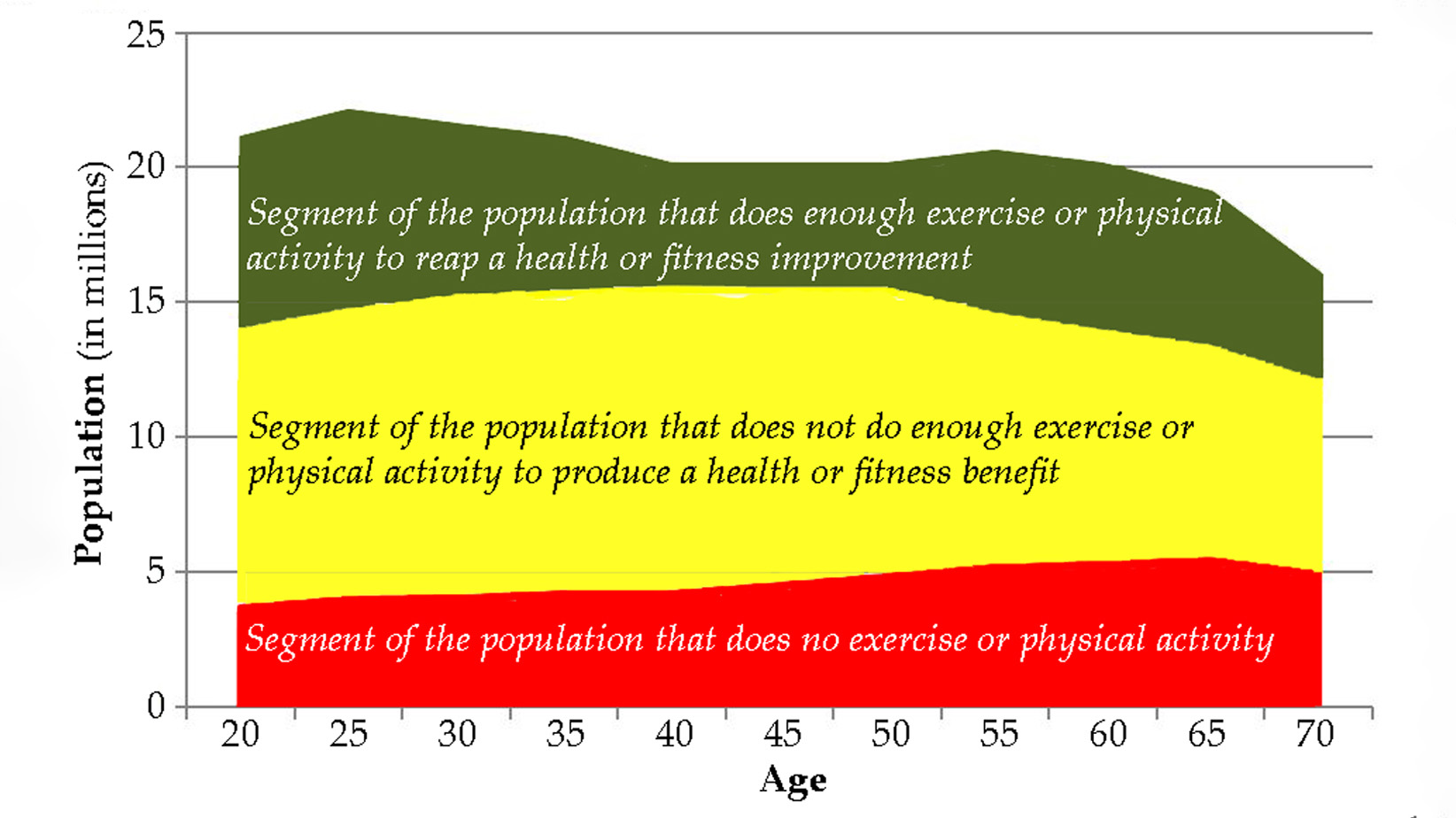-
link to article
- Anil Gupta
summary
Definitions have interested philosophers since ancient times. Plato’s early dialogues portray Socrates raising questions about definitions (e.g., in the Euthyphro, “What is piety?”)—questions that seem at once profound and elusive. The key step in Anselm’s “Ontological Proof” for the existence of God is the definition of “God,” and the same holds of Descartes’s version of the argument in his Meditation V. More recently, the Frege-Russell definition of number and Tarski’s definition of truth have exercised a formative influence on a wide range of contemporary philosophical debates. In all these cases—and many others can be cited—not only have particular definitions been debated; the nature of, and demands on, definitions have also been debated. Some of these debates can be settled by making requisite distinctions, for definitions are not all of one kind: definitions serve a variety of functions, and their general character varies with function. Some other debates, however, are not so easily settled, as they involve contentious philosophical ideas such as essence, concept, and meaning.
Let's start with the truth!
Support the Broken Science Initiative.
Subscribe today →
recent posts
Expanding Horizons: Physical and Mental Rehabilitation for Juveniles in Ohio
Maintaining quality of life and preventing pain as we age.


